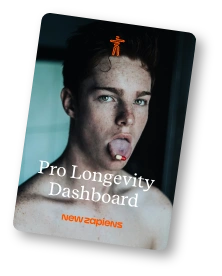Community Discussions
Do wearable metrics help or hurt your mental health?
After reading a lot about wearables over the past few days, it seems that for some people, constant tracking doesn’t always support their mental health — and in some cases, it can even add pressure or anxiety.
I’m curious to hear:
How often do you check your wearable data?
And how does it affect your mood, motivation, or general well-being?
After reading a lot about wearables over the past few days, it seems that for some people, constant tracking doesn’t always support their mental health — and in some cases, it can even add pressure or anxiety.
I’m curious to hear:
How often do you check your wearable data?
And how does it affect your mood, motivation, or general well-being?
Please sign in to post a reply.
